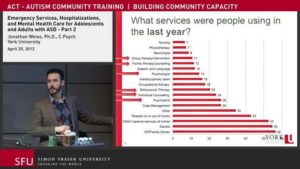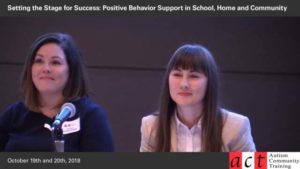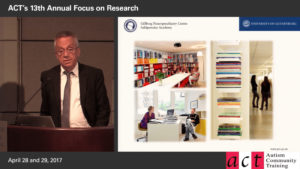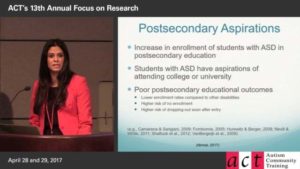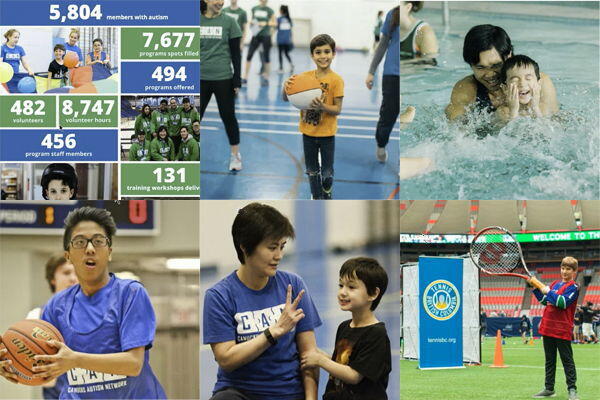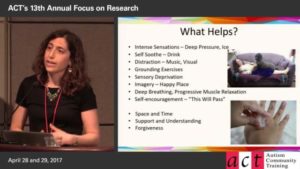Filmed at ACT’s 14th Annual Focus on Research Conference – April 4, 2018
This panel was considered a highlight of our 2018 conference. This is your opportunity to learn from the fascinating insights provided by these four remarkable autistic women. Introduced and moderated by Dr. Rene Jamison, University of Kansas Medical Center.
About the Panelists
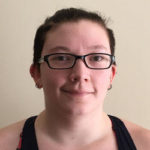
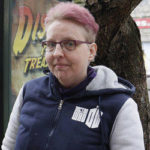


Part 1: Introduction by Dr. Rene Jamison
Part 2: Iris Gray
Part 3: Nicole Provost
Part 4: Vivian Ly
Part 5: Ryann Calkins
Part 6: Question & Answer period
- Q1: Can you share stories or strategies about how to find young autistic girls find autistic pride? (00:00 – 05:40)
- Q2: You’ve all been through the public school system. If you had one thing to say to teachers or the people who have taught you, what would that be? What’s the one thing that they could do to make it better for you? (05:40 – 10:23)
- Q3: What do you consider respectful and ethical research practice? (10:23 – 14:22)
- Q4: How do you deal with ableism? (14:22 – 16:20)
- Q5: How do you feel you would have done in an alternative environment like home-schooling or schools that matched your learning style? Do you have advice for parents making decisions about where to send their children? (16:20 – 21:05)
- Q6: Are any of the panelists in relationships with autistic folks, and if so, how do you balance your needs with the needs of your partner? (21:05 – 23:49)
Mentions realsocialskills.org
